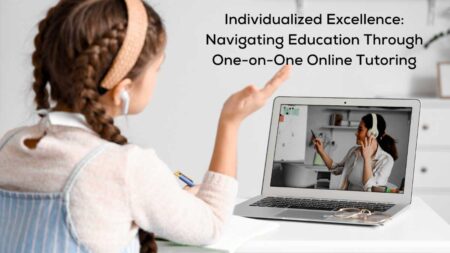A workshop is a gathering of people for educational or professional development purposes. It is a great way for individuals to interact, learn new skills, and share knowledge. The primary purpose of workshops is to help participants acquire new skills and knowledge that can be used in their work or everyday life.
Workshops are usually led by an expert facilitator who will define the objectives and outcomes of the workshop, plan activities, provide resources for participants and guide them through the process. Depending on what type of workshop it is, different strategies can be used to facilitate learning. For example, hands-on activities such as role-playing may be used in workshops related to communication while group discussions may be more effective in workshops related to decision-making.
At the beginning of each workshop tour or session, the facilitator should give an overview that explains why they are gathered together, what they will learn during the course of the session, and how they can apply it back into their daily lives. It’s also important that participants understand what’s expected from them during a particular session so there are no surprises when it comes time to do something unfamiliar or challenging.
The goal at each workshop session should always be for everyone involved to take away something valuable at the end – whether it’s new or old.
Description of Workshop Topics
Workshops are a great way to learn new skills, network with industry professionals, and stay up to date on the latest trends. But how can you decide which workshop topics are best for your needs? To help you make an informed decision, we’ve provided a description of some popular workshop topics.
1. Business Strategy: This type of workshop will cover topics such as business planning and execution strategies, marketing techniques, financial management tactics, customer relationship management strategies, and more. These workshops will provide attendees with the knowledge and understanding needed to create successful business plans that can be implemented in any organization.
2. Leadership Development: Leadership development workshops focus on developing effective leaders who can drive organizational success by inspiring their team members and making smart decisions during times of challenge or adversity. This type of workshop may include topics like communication skills, problem-solving techniques, conflict-resolution methods, and decision-making processes. It is designed to help participants become better leaders within their organizations by providing them with the necessary tools for success in any role they might take on in the future.
3. Technology Solutions: Technology solutions workshops provide attendees with an overview of current trends in technology as well as some practical solutions for implementing these solutions within their own organizations or businesses. .
Objectives for Participants
Objectives are essential for any event, program, or activity to be successful. They provide a framework and direction for the event and allow participants to understand what is expected of them. Objectives also allow organizers to measure success and ensure that their efforts are worthwhile.
The most effective objectives should be both specific and measurable. This means they should include details on what the participant should do, as well as how it will be measured or evaluated. For example, an objective might state that “participants will develop an understanding of the problem-solving process by participating in group activities.” This objective is specific enough that it sets expectations for participants and allows organizers to measure progress when evaluating the program at its conclusion.
In addition to being specific, objectives should also be realistic given the resources available at hand. It’s important to take into account factors such as time constraints, budget limitations, and availability of materials or staff members when setting objectives so that they are achievable within those constraints. Setting overly ambitious goals could lead participants to feel overwhelmed or frustrated while setting too few goals may leave them feeling unfulfilled or disengaged.
When creating objectives for your event, it can also help to consider different types of outcomes – educational (learning new information).
Tour of Facilities/Equipment Used During Workshop
Tours of facilities and equipment used during workshops can be an invaluable experience for participants. Seeing the tools and techniques in action helps to demonstrate how they can be applied to real-world problems. A tour of a facility or workshop provides participants with an understanding of what is available to them, as well as a hands-on experience that cannot be replicated through a virtual presentation.
The tour begins by introducing the participants to the various tools and equipment that are used in the workshop. This includes items such as saws, drills, routers, sanders, grinders, and more. Each tool is explained in detail so that everyone understands its purpose and function within the workshop setting. Depending on their level of expertise, some demonstration time may also be provided so that people can get a better feel for how each instrument operates before using it themselves during the course activities.

Next up is a look at the various materials used within each workshop session. This could include lumber for building projects or metal pieces for welding exercises – whatever is needed to complete tasks safely and effectively. These components are often accompanied by safety gear such as eye protection or respirators so that everyone knows how to stay safe while working with potentially hazardous materials or machinery.






